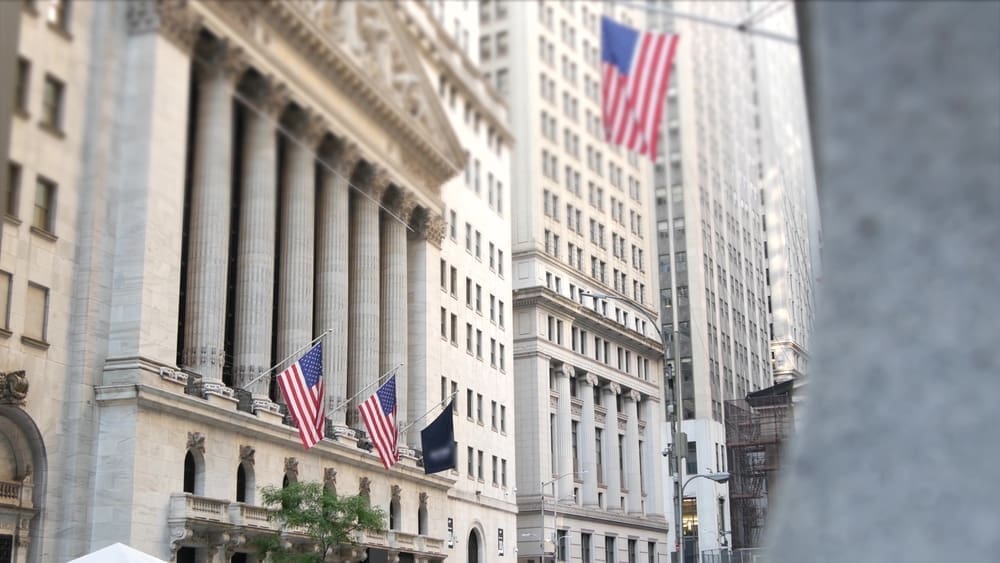Since President Trump’s inauguration, global markets have seen a paradoxical trend where U.S. stocks lag behind their international counterparts, including Europe and China.
While the U.S. market experienced robust growth in 2024, investors are now securing better returns from overseas equities. Since January 20, the S&P 500 has seen a modest increase of just over 1%, struggling after recent sell-offs. In stark contrast, China’s MSCI ETF has surged approximately 17%, and the Eurozone ETF has grown by about 6%. China’s large-cap equities, represented by the iShares China Large Cap ETF, also witnessed an impressive rise of 16%.
The Dow Jones Industrial Average barely remains positive, highlighting a broader trend where U.S. tech stocks underperform compared to Chinese competitors. For example, the Invesco QQQ ETF increased by roughly 2.5%, yet the KraneShares CSI China Internet ETF soared by 20%. This pattern emphasizes China’s and Europe’s dominance over the S&P 500 since Trump’s inauguration.
Beyond China, emerging markets also outperform U.S. equities, albeit trailing behind European and Chinese large-caps. The iShares MSCI Emerging Markets ETF, for instance, climbed close to 6%. Perth Tolle, founder of Life + Liberty Indexes, notes that her Freedom 100 Emerging Market ETF matches this performance, with significant investment in Taiwan, Chile, South Korea, Poland, and Brazil. This fund allocates 75% to companies such as Samsung, Taiwan Semiconductor, and Banco de Chile.
Despite the potential volatility and uncertain regulatory frameworks typical of emerging markets, Tolle emphasizes investment in regions with favorable conditions for personal and economic freedom. Her fund assesses countries based on 86 criteria, including movement and capital freedom along with legal integrity.
A specific focus on India reveals it is less favored in the Freedom 100 Index due primarily to its high tariffs and concerns regarding personal freedoms. These tariffs, the highest globally, have been a point of contention for President Trump. Nevertheless, India presents growth opportunities given its burgeoning, educated, and English-speaking population.
Tolle stresses the importance of investing in companies that prioritize their interests over governmental policies. Historically, apprehensions about autocracies and supporting unfavorable regimes deter investments in emerging markets. Yet, Tolle advocates for sourcing enterprises that align economic strategies independently from state influence.
As global markets continue to evolve under President Trump’s administration, investors find themselves looking beyond U.S. borders for favorable returns. The trend signifies shifting dynamics in global economic power, where Europe, China, and select emerging markets take the lead in post-inauguration performance. This evolving landscape challenges traditional investment strategies and prompts a reevaluation of international market potentials.








